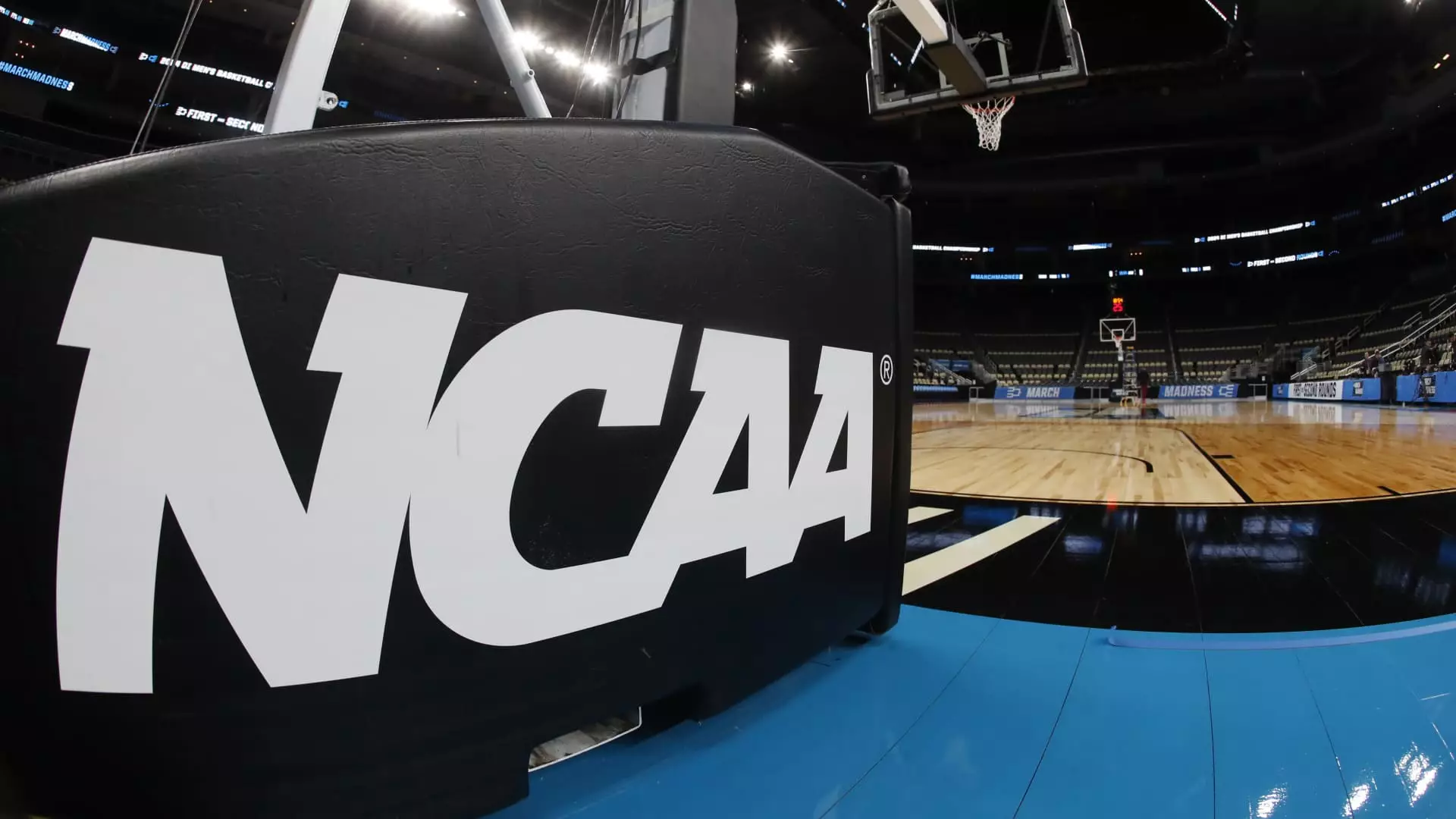The recent update to the National Collegiate Athletic Association (NCAA) policy regarding transgender student-athletes has ignited significant debate across the United States. Announced just a day after a controversial executive order by President Donald Trump, this modified policy effectively bans trans women from competing in women’s sports. This change in policy raises numerous questions regarding the nature of fairness in sports, the implications for student-athletes, and the broader societal context surrounding gender identity.
Under the new NCAA guidelines, individuals assigned male at birth are prohibited from participating in formal competitions within women’s sports. While they can practice with women’s teams and access certain benefits such as medical care, the policy discriminates against their right to compete formally. In contrast, all students may join men’s teams but must navigate complex medical exemption processes if they are undergoing testosterone treatment. This bifurcated approach is notably restrictive for both trans women and trans men. Ironically, it presents a dichotomy of acceptance in practice but not within competitive environments, leaving many students feeling caught in a web of logistical and ethical hurdles.
NCAA President Charlie Baker acknowledged the association comprises over 1,100 colleges and universities and has adopted what they believe to be a more standardized set of eligibility rules. In addressing the necessity of clear criteria, Baker contended that the NCAA’s motive was to eliminate the conflicts arising from varying state laws and court decisions. However, one can challenge the effectiveness of such an approach—does the imposition of a rigid binary standard truly reflect the diverse realities of student-athletes? By anchoring eligibility criteria to sex assigned at birth, the NCAA may undermine the complexities of gender identity.
The NCAA policy update does not exist in a vacuum. It has been shaped significantly by the prevailing political climate fostered by the Trump administration. Trump’s aggressive stance on gender issues, which denounces the legitimacy of non-binary identities, plays a crucial role in understanding the NCAA’s policy shift. This alignment can be especially harmful, creating an environment of fear and persecution for transgender individuals and those who dare to advocate for their rights.
The overarching narrative indicates an attempt by the administration to legislate against transgender identities—an endeavor that has far-reaching implications beyond sports. This political backdrop raises concerns about targeted discrimination and societal attitudes toward gender fluidity, which are reflected in institutions traditionally thought to be champions of inclusion, such as the NCAA.
The reaction from the LGBTQ+ community has been one of profound concern and disappointment. Activists like Chris Mosier have pointed out the exclusionary nature of the NCAA’s updated policies, arguing that they cater to a simplistic binary viewpoint of gender that oversimplifies the transgender experience. Furthermore, advocacy organizations like GLAAD have denounced the policy as being inadequately informed by scientific and medical perspectives, which could lead to harm for many student-athletes. Such criticisms underscore the need for continuous dialogue and research regarding gender identity and its complexities within sports.
This policy change raises pressing questions about the future of equality in sports. Transgender student-athletes may now feel further alienated, and the NCAA’s stance could deter young athletes from pursuing their passions. Moreover, the implications extend beyond just athletics; they touch cultural, social, and emotional dimensions of student life.
The NCAA’s rigid stance could potentially pave the way for increased stigmatization and isolation for transgender individuals, contradicting the organization’s stated mission of ensuring that all student-athletes are given fair opportunities in their sports pursuits.
As stakeholders in collegiate athletics wrestle with these changes, it becomes clear that a more nuanced understanding of gender within the context of sports is essential. The NCAA’s updated policy can be seen not just as an isolated decision but as part of a broader social conversation regarding identity, fairness, and inclusivity in sports. Moving forward, it is imperative that the conversation evolves, embracing the diversity of student-athletes and advocating for a sports culture that celebrates all identities—ensuring that every athlete, regardless of gender identity, feels empowered and validated in their pursuit of excellence.

